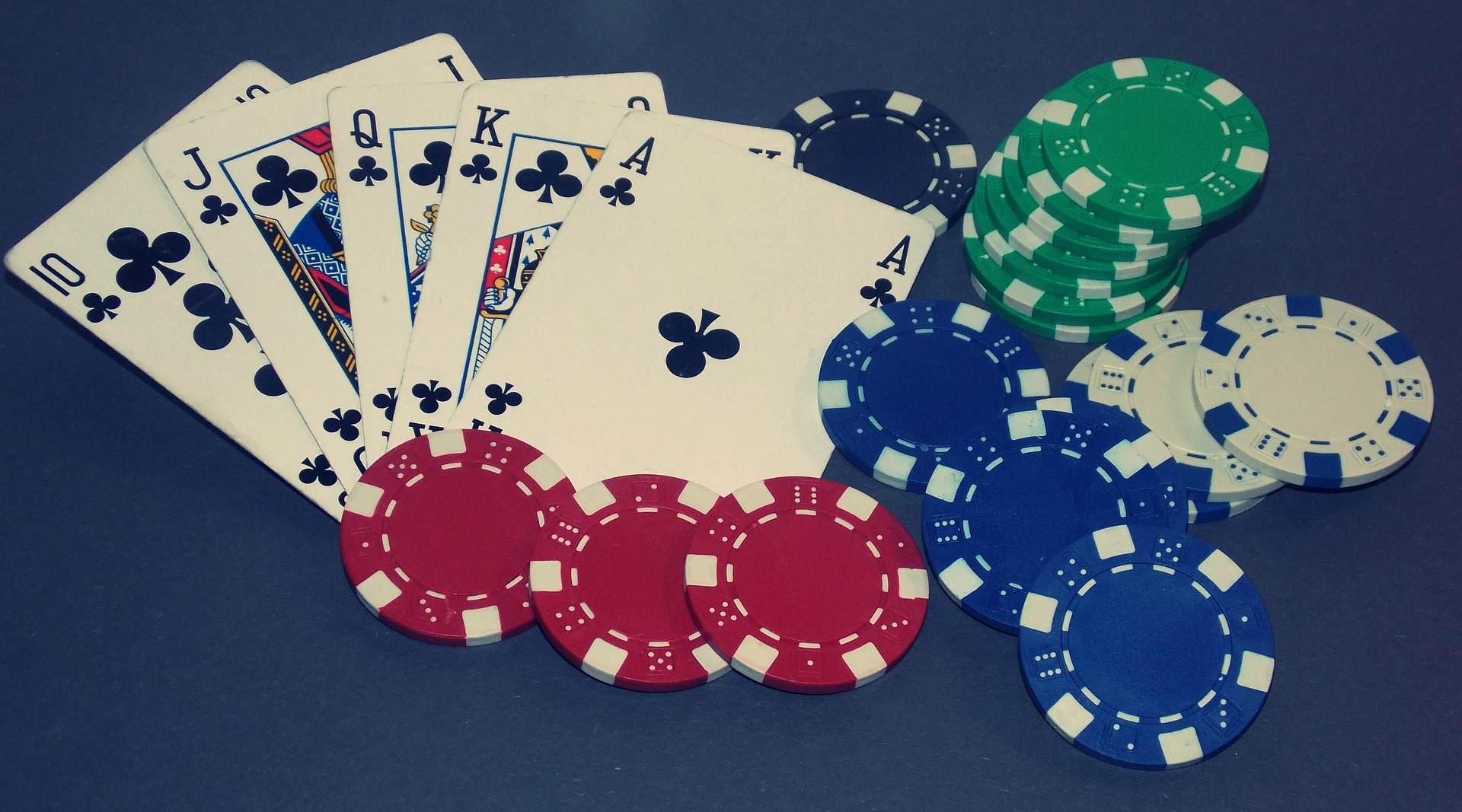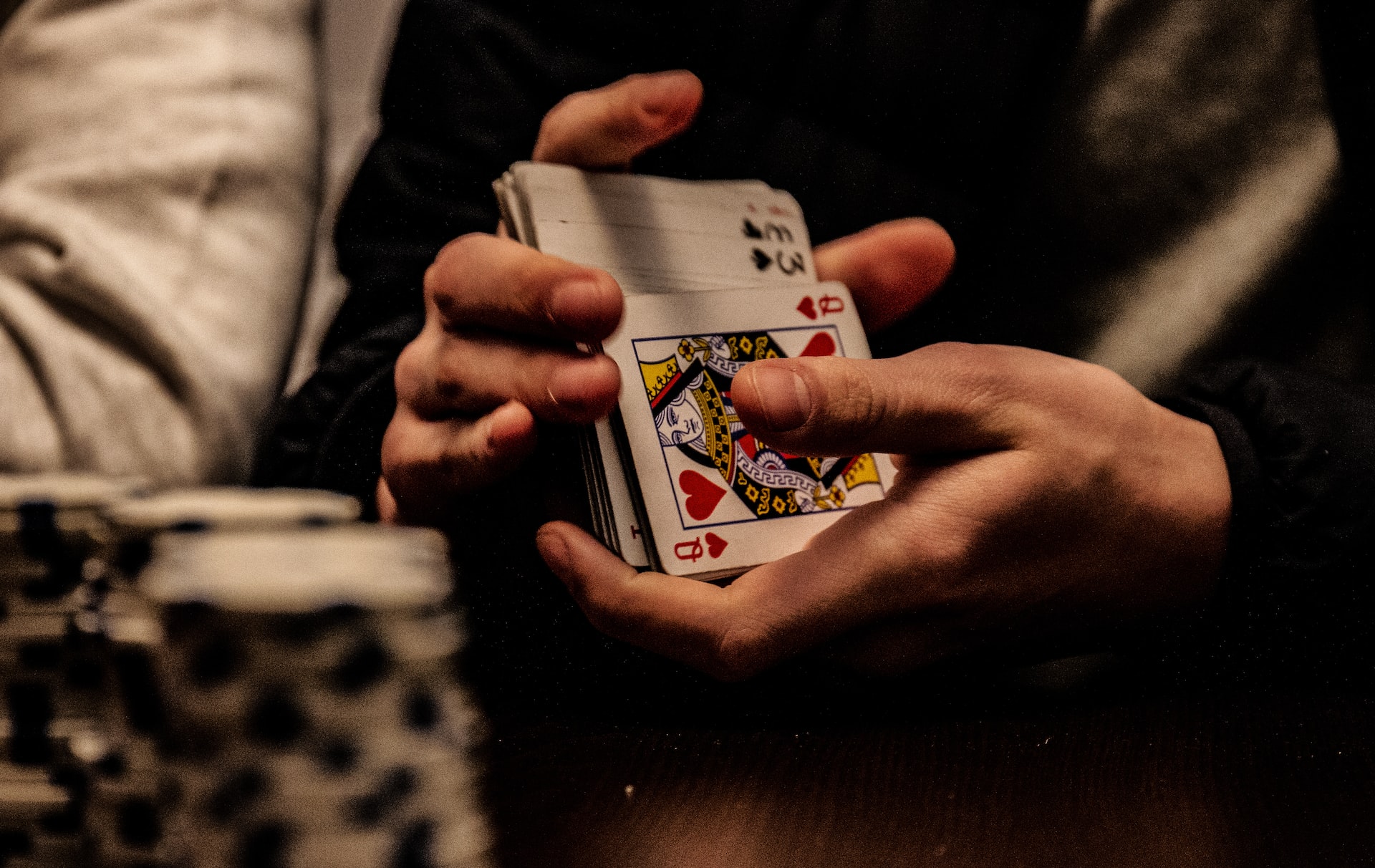How Does The House Make Money On Poker - Inside The Casino Vault
To say that casinos are profit-driven would be an understatement. Every casino game, from roulette to slots, features a built-in advantage for the casino, often known as the house edge. The game of poker, however, is unique.
Author:Suleman ShahReviewer:Han JuJul 18, 2023162.3K Shares2.1M Views

To say that casinos are profit-driven would be an understatement.
Every casinogame, from roulette to slots, features a built-in advantage for the casino, often known as the house edge.
The game of poker, however, is unique. The player is not competing against the casino, either virtually or in person.
To win money, you must compete against other players rather than the casino itself.
How does the house make money on poker, and why would they want to host tournaments and maintain cash game tables?
Learning The Fundamentals Of Rake
The response to the above question is a short, four-letter word that is significant to the poker industry as a whole. We're not referring to a garden instrument used to rake up leaves that have accumulated in front of your house when we use the word "rake."
Rake is a portion of money that a casino withholds from practically every cash game pot or tournament entry fee in poker. It functions almost like a tax.
Cash Games With A Fixed Payout Rake
Most cash games, whether they're No-Limit Hold'em, PLO, or others, deduct the rake before delivering the pot to the winner. This precedes additional rewards. Most casinos charge 2% to 10% of the pot as rake.
Most games require a 3–5% rake, thus these extremes are rare. Most casinos have a maximum rake limit per pot, which is set by the casino's rules.
Variations According To The Stakes
Most lower limit games have a higher rake than higher limit games. In $1/$2 games, expect a rake of 5% or more and a hefty cap.
Higher limit tables have a 3% rake and a smaller cap than the stakes. This may seem unfair to low-stakes players, but the logic behind it is clear.
Whether you're playing with $2 or $100 blinds, you're still occupying a table, and the game needs a dealer to keep going. Thus, casinos must take more of the rake than the blinds to keep their prices cheap.
Tournaments
Tournaments offer a new game format where players fight for chips to reach the money stage. Thus, chip pots are worthless and casinos cannot collect rake like in cash games.
The buy-in includes tournament rake. A $100 tournament often requires a $110 or $120 buy-in. The $100 prize pool does not include the $10 or $20 rake.
The casino keeps this money to cover event planning expenditures. If you play tournaments and watch the rake, you'll find that online games, especially at lower stakes, have a cheaper rake than live ones.
People Also Ask
How Does The Host Of A Poker Game Make Money?
Online poker rooms make money from "rake". Rakes might be tournament registration fees, time charges, or even a small percentage of cash game pots. For instance, in the 2021 World Series of Poker Main Event, each $10,000 buy-in will contribute $9,325 to the player pool.
How Do Poker Rooms In Texas Make Money?
Private poker clubs have proliferated across Texas in recent years. These clubs claim they comply with Texas gambling laws because they charge membership fees rather than rake.
How Do Casinos Make Money Out Of Poker?
Revenue:Each hand generates a $4 rake. They average 1.5–2 minutes per hand. The best number yields $160 per hour (even though not all hands generate the maximum rake). With nine people per table, that's $18 per hour.
Conclusion
You now know how casinos make money from poker and how they may run games while offering enormous tournament prize pools. If rake is incorporated, casinos can make a lot of money from poker, in addition to all the other games people play.
Instead, learn how rakes affect your game. Even the top players may struggle to win games with excessively high rake and caps or no caps. If you can choose, play games with smaller rakes.

Suleman Shah
Author
Suleman Shah is a researcher and freelance writer. As a researcher, he has worked with MNS University of Agriculture, Multan (Pakistan) and Texas A & M University (USA). He regularly writes science articles and blogs for science news website immersse.com and open access publishers OA Publishing London and Scientific Times. He loves to keep himself updated on scientific developments and convert these developments into everyday language to update the readers about the developments in the scientific era. His primary research focus is Plant sciences, and he contributed to this field by publishing his research in scientific journals and presenting his work at many Conferences.
Shah graduated from the University of Agriculture Faisalabad (Pakistan) and started his professional carrier with Jaffer Agro Services and later with the Agriculture Department of the Government of Pakistan. His research interest compelled and attracted him to proceed with his carrier in Plant sciences research. So, he started his Ph.D. in Soil Science at MNS University of Agriculture Multan (Pakistan). Later, he started working as a visiting scholar with Texas A&M University (USA).
Shah’s experience with big Open Excess publishers like Springers, Frontiers, MDPI, etc., testified to his belief in Open Access as a barrier-removing mechanism between researchers and the readers of their research. Shah believes that Open Access is revolutionizing the publication process and benefitting research in all fields.

Han Ju
Reviewer
Hello! I'm Han Ju, the heart behind World Wide Journals. My life is a unique tapestry woven from the threads of news, spirituality, and science, enriched by melodies from my guitar. Raised amidst tales of the ancient and the arcane, I developed a keen eye for the stories that truly matter. Through my work, I seek to bridge the seen with the unseen, marrying the rigor of science with the depth of spirituality.
Each article at World Wide Journals is a piece of this ongoing quest, blending analysis with personal reflection. Whether exploring quantum frontiers or strumming chords under the stars, my aim is to inspire and provoke thought, inviting you into a world where every discovery is a note in the grand symphony of existence.
Welcome aboard this journey of insight and exploration, where curiosity leads and music guides.
Latest Articles
Popular Articles
